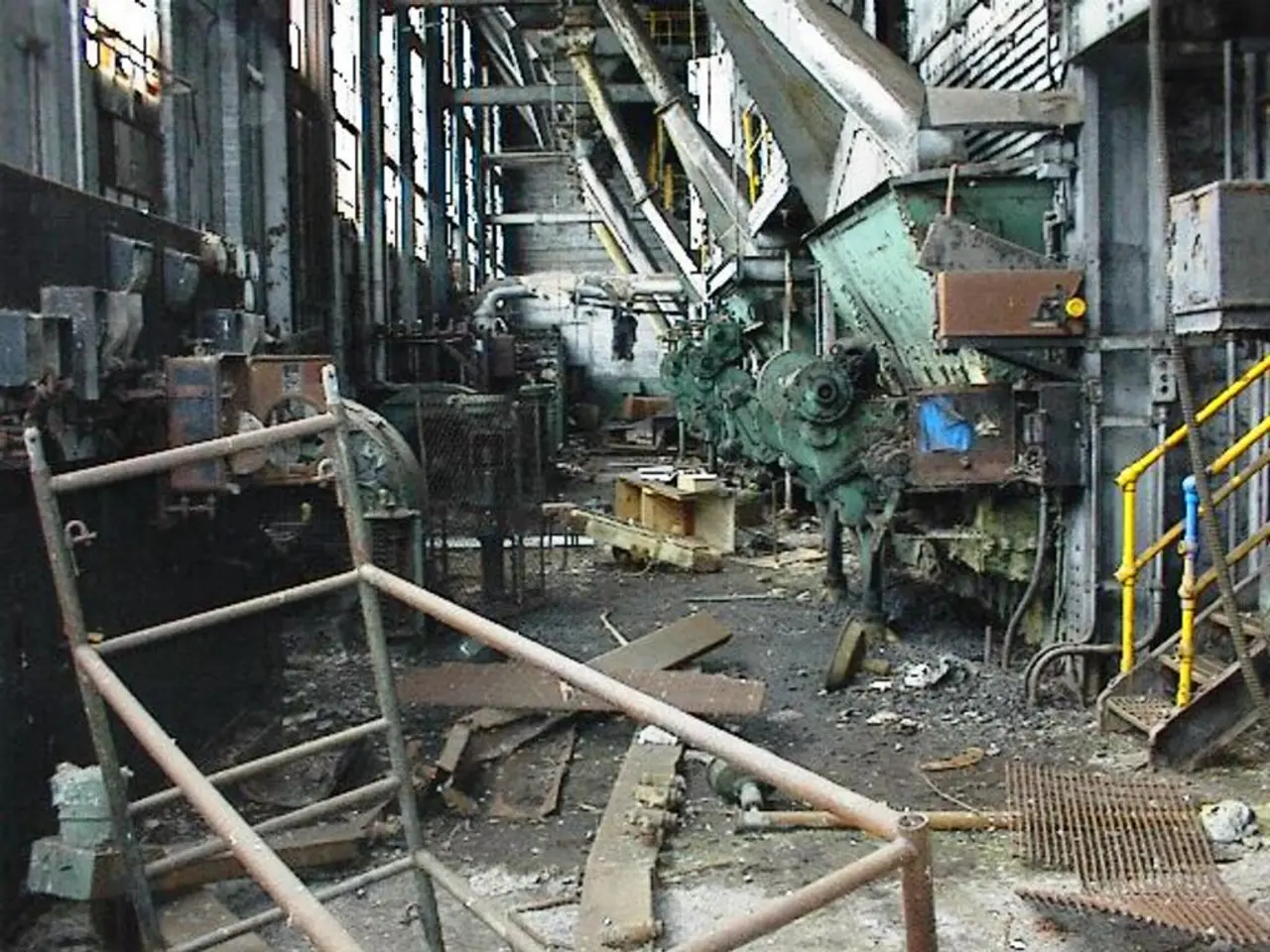A Legacy of Craftsmanship: Weseta Textil and the Glarus Textile Industry
Textile production in Glarnerland has effectively ceased to exist.
The picturesque canton of Glarus, Switzerland, has a rich history in textile manufacturing, particularly during the 19th and early 20th centuries. The region's textile sector, specialising in cotton and wool, played a pivotal role in the local economy, attracting numerous mills and factories that harnessed the power of the region's mountain streams and leveraged a skilled workforce.
At its zenith, the Glarus textile industry was a significant employer, with an estimated workforce of 5,000 to 10,000 workers, contributing significantly to the local economy and export markets. One of the key players in this era was Weseta Textil, a company founded in the early 1900s (around the 1920s-1930s).
Weseta Textil specialized in producing high-quality textiles, such as decorative fabrics for upholstery, draperies, and interior design. As the market evolved, the company adapted, incorporating modern weaving technologies and expanding its product range. During the mid-20th century, Weseta Textil was a significant local employer, with several hundred workers at its production facilities.
Today, Weseta Textil operates as a modern textile manufacturer, emphasising craftsmanship, innovation, and sustainable production. Its product portfolio focuses on premium woven fabrics, often for designer and luxury interiors. The company continues to innovate with eco-friendly materials and digital weaving techniques, maintaining relevance in a globalized market.
Weseta Textil's workforce is smaller than in historical peak periods, reflecting automation and industry changes, with approximately 100-200 employees. Despite this, the company remains a proud part of the Glarus textile heritage, contributing to the local economy and preserving artisan textile skills.
The Glarus textile industry, as of today, is represented by only a few operational mills, including Weseta Textil. This decline is due to globalization and automation, which have reduced workforce sizes and led to a shrinking number of operational mills compared to the industry's peak.
Weseta Textil operates one of the last two weaving mills in the canton of Glarus, a testament to its commitment to preserving traditional textile craftsmanship. Its terrycloth items are available in Swiss department and home goods stores, showcasing the company's continued relevance in the industry.
Despite the challenges faced by the Glarus textile industry, the legacy of companies like Weseta Textil endures, providing a rich tapestry of craftsmanship, innovation, and tradition that continues to captivate and inspire.
In the contemporary era, Weseta Textil continues to apply innovative methods and eco-friendly materials, maintaining its relevance in the global finance and textile industry. Despite undergoing significant changes, Weseta Textil remains a significant employer, with around 100-200 workers, preserving the artisan skills and traditions that make the Glarus textile industry a legacy of craftsmanship.




